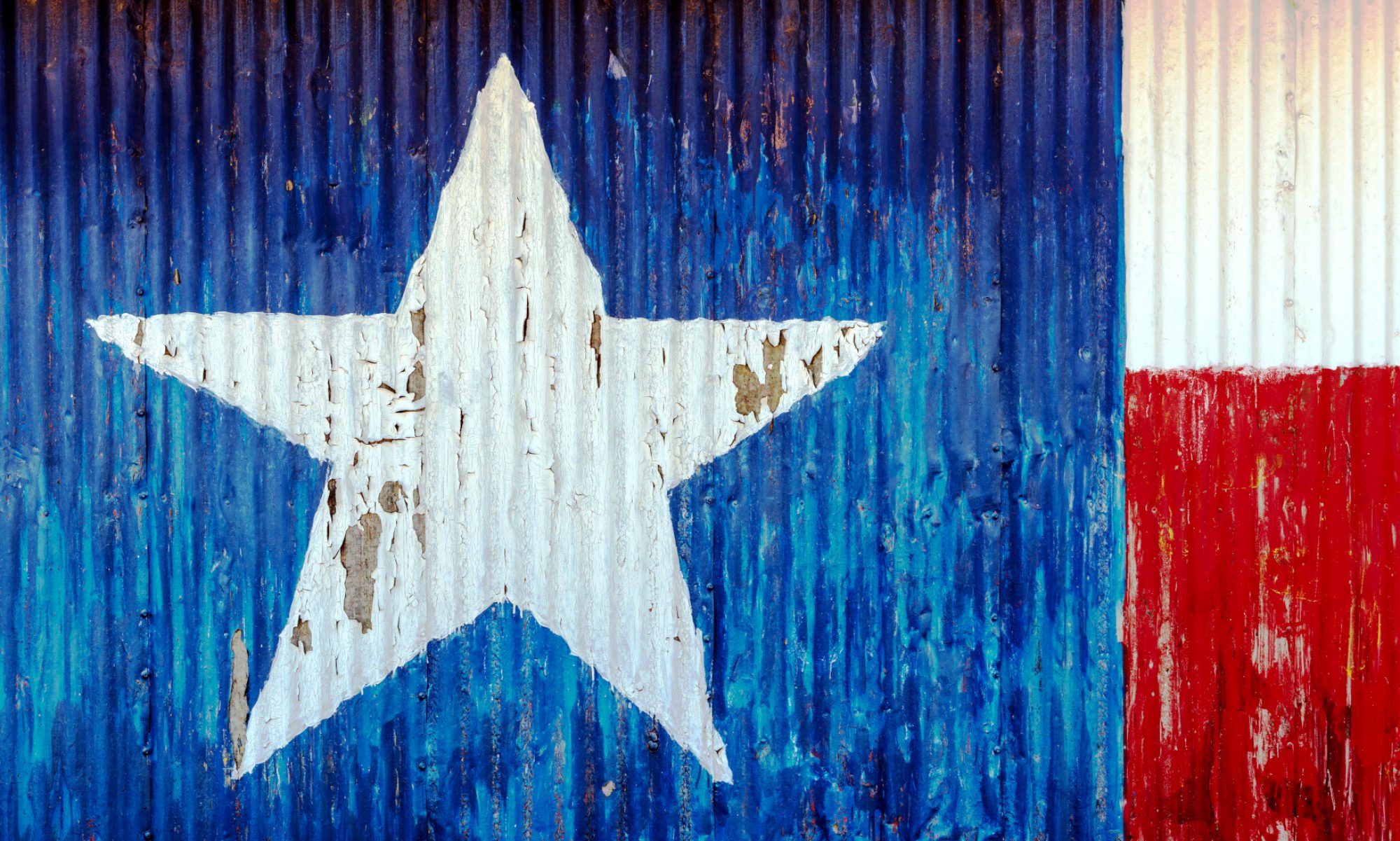Underlying every political system is a unique POLITICAL CULTURE, or commonly shared ideas, beliefs, and values about a nation or state’s history, citizenship, and government held by a population. Political culture is based on normative or prescriptive statements about how things ought to be and includes both formal rules and informal customs and traditions.
Political culture generally remains relatively stable over time because important ideas, beliefs, values, customs, and traditions are passed down generationally through the process of POLITICAL SOCIALIZATION. Various agents play a role in political socialization, notably family, school, and the media. Legends and folklore also serve as vehicles through which political socialization occurs.
Political culture often consists of diverse subcultures based on characteristics such as race, ethnicity, socioeconomic status, and geographic location. Furthermore, key political events and transforming experiences, such as wars and economic crises, can reshape attitudes and beliefs and cause shifts in political culture.
Because political culture is so deeply rooted and widespread, people are often unaware of how political culture influences their perception of reality. For this reason, it can be difficult to identify and analyze the components of political culture.
What Does Political Culture Do?
Provides political system with distinctive characteristics
Political culture significantly influences government and politics within a nation or state. Political culture shapes the way constitutions are written, the type of government institutions adopted, the boundaries of governmental authority, and the role of citizens.
Political culture binds us together
Political culture unites populations by focusing on what we have in common. Political culture also provides a framework for disagreement and conflict resolution by setting the boundaries of acceptable political behavior in society. Furthermore, political culture benefits political systems through cultivating and maintaining diffuse support characterized by political stability, acceptance of the legitimacy of government, and a common goal of preserving the system in place.
